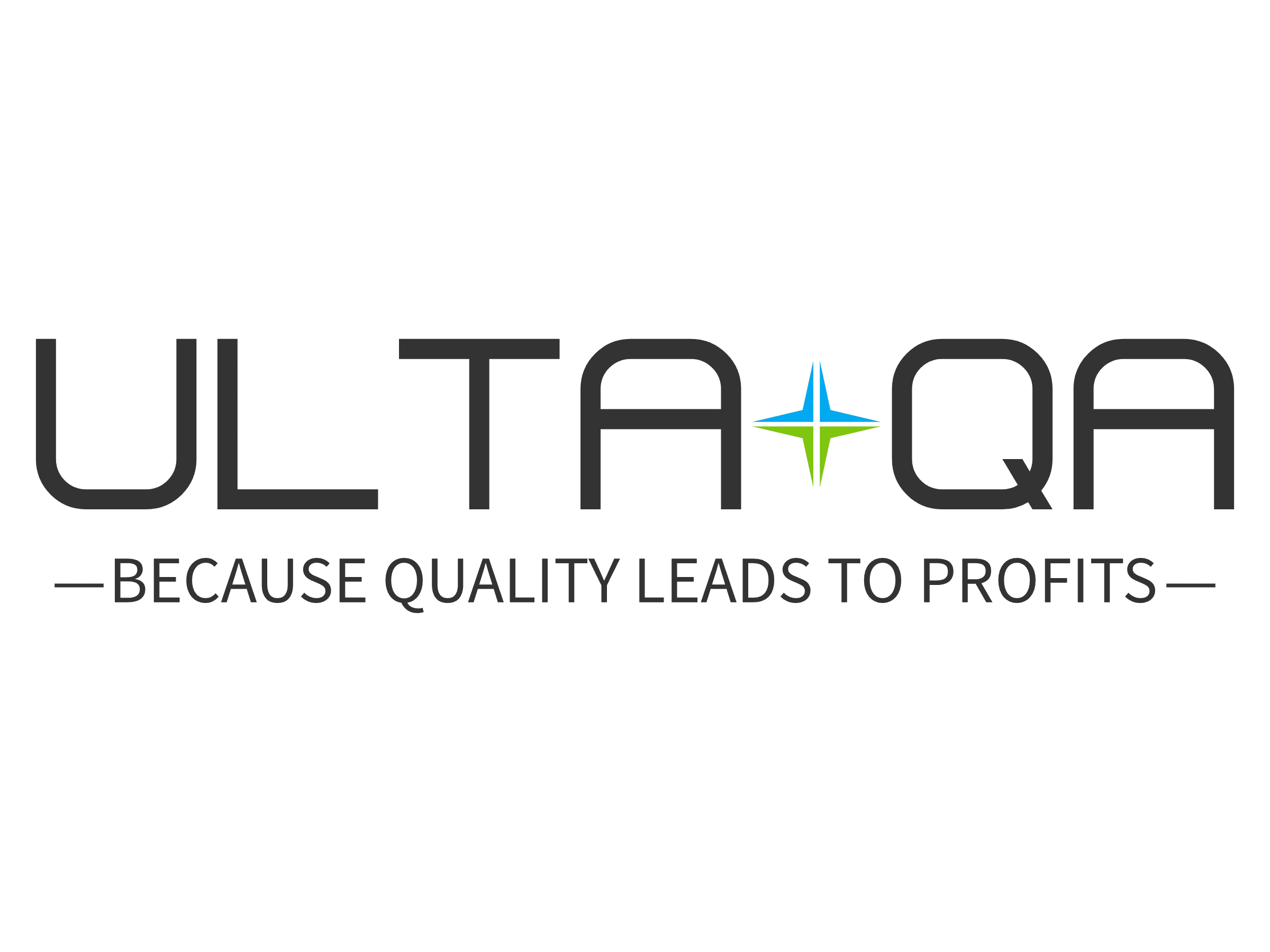In the ever-shifting landscape of software development, the fusion of Artificial Intelligence (AI) and Automated Testing has given rise to a new paradigm: Smart Quality Assurance (QA). This technological convergence is not just a buzzword; it’s a transformative force reshaping how we approach the testing landscape. Let’s take a deep dive into the world of Smart QA and unravel the profound impact that AI is having on automated testing processes.
Understanding Smart QA: Where AI Meets Automated Testing
1. Precision and Accuracy: The AI Advantage
Traditional automated testing often relies on rigid scripts, struggling to adapt to unforeseen scenarios. Enter AI with its machine learning algorithms, introducing adaptability and learning capabilities to automated tests. This infusion of intelligence ensures that tests become more precise and accurate over time, reflecting a learning process unique to each application.
2. Dynamic Test Case Generation
AI doesn’t merely follow predefined paths; it dynamically generates new test cases based on evolving software requirements. This dynamic approach is particularly valuable in agile development environments, where changes are frequent. Smart QA adapts, ensuring comprehensive test coverage that keeps pace with the software’s evolution.
3. Intelligent Test Data Generation
Creating realistic and diverse test data has long been a challenge in testing. AI tackles this by excelling in generating intelligent test data. The result is test scenarios that mirror real-world conditions, enhancing the authenticity of the testing process.
AI in Action: Transformative Applications in Automated Testing
1. Visual Testing with AI
AI-powered visual testing tools bring pixel-perfect precision to the forefront. They can detect visual discrepancies in UI elements, ensuring a flawless user experience. This is particularly crucial for applications with intricate graphical interfaces where visual perfection is paramount.
2. Predictive Analysis for Regression Testing
Imagine a testing process that predicts which parts of the application are more likely to be affected by changes. AI, through machine learning models, makes this a reality. Smart QA optimizes regression testing efforts by focusing on areas with higher risk, making testing more efficient and targeted.
3. Natural Language Processing (NLP) in Testing
Bringing a touch of natural language to testing, AI-driven tools with NLP capabilities allow the creation and execution of tests using natural language commands. This not only simplifies the testing process but also bridges the communication gap between technical and non-technical stakeholders.
Challenges and Considerations in Smart QA Implementation
1. Training AI Models for Testing Contexts
Implementing AI in testing requires an initial investment in training models to understand the unique context of each application. However, this investment pays off as AI becomes increasingly adept at identifying patterns and anomalies specific to the software being tested.
2. Continuous Monitoring and Learning
Smart QA is not a one-and-done process; it involves continuous monitoring and learning. AI models need to adapt to changes in the application and its environment. Establishing a robust feedback loop is crucial for ongoing improvement.
The Future of Smart QA: A Continuous Evolution
As we venture further into the era of Smart QA powered by AI, the future holds promises of even more exciting possibilities. Continuous advancements in machine learning, natural language processing, and predictive analytics will further refine and elevate the role of AI in automated testing.
In conclusion, the synergy between AI and automated testing isn’t just about efficiency; it’s about precision, adaptability, and intelligence. Smart QA is not a destination but a journey, where AI is not just a tool but a strategic ally in the relentless pursuit of software perfection.
Join us on this journey into the heart of Smart QA, where AI transforms from a concept into a reality, reshaping the standards of excellence in software quality assurance.
